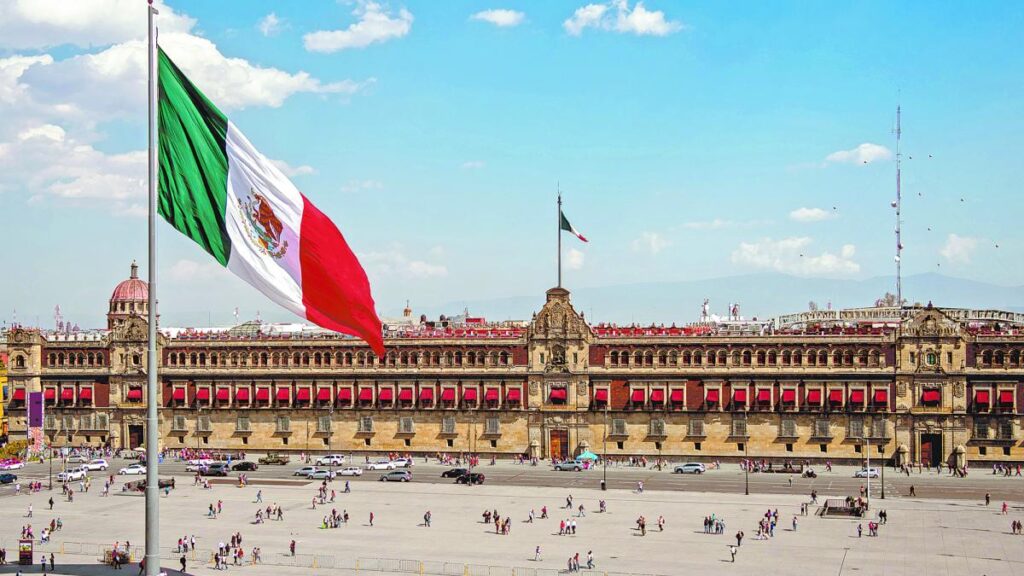Background on the Key Figures Involved
The Mexican government, specifically the Presidency of the Republic led by Claudia Sheinbaum, has established a Commission for Electoral Reform. This commission will be composed of six federal department heads and units, along with civil society representatives who will have the opportunity to voice their opinions but not cast votes in decision-making processes.
Commission Members
- Pablo Gómez (Chair)
- Rosa Icela Rodríguez, Secretary of the Interior
- José Antonio Peña Merino, Head of the Digital Transformation and Telecommunications Agency
- Ernestina Godoy Ramos, Federal Executive’s Legal Advisor
- Lázaro Cárdenas Batel, Head of the Presidency’s Office
- Jesús Ramírez, Coordinator of the President’s Advisors in the Presidency’s Office
- Arturo Zaldívar, former Supreme Court Minister and Coordinator General of Policy and Governance in the Presidency’s Office
These department heads can designate a public servant as a permanent substitute during their absences, who must hold at least the rank of director general or its equivalent.
Citizen Participation and Decision-Making
The decreto highlights that while citizens and civil society organizations can participate in the commission, they will not have voting rights regarding electoral reform decisions. The commission can invite representatives from federal, state, and local government bodies, autonomous organizations, academia, and civil society to contribute with their opinions but without voting power.
Commission’s Duration and Funding
The commission will operate until September 30, 2030, or until the President of the Republic decides to dissolve it earlier. The decreto specifies that any federal expenditures resulting from this decree’s implementation will be covered by the authorized budget for the relevant fiscal year and subsequent years of the involved federal public administration entities.
Key Questions and Answers
- Who created the Commission for Electoral Reform? The Presidency of the Republic, led by Claudia Sheinbaum.
- Who are the members of this commission? Six federal department heads and units, along with civil society representatives who can voice opinions but not vote.
- What is the duration of the commission? The commission will operate until September 30, 2030, or until the President decides to dissolve it earlier.
- Who can participate in the commission without voting rights? Citizens and civil society organizations can contribute opinions but not cast votes in decision-making processes.
- How will the commission’s expenses be covered? The expenses will be funded through the authorized federal budget for the relevant fiscal year and subsequent years of the involved entities.






